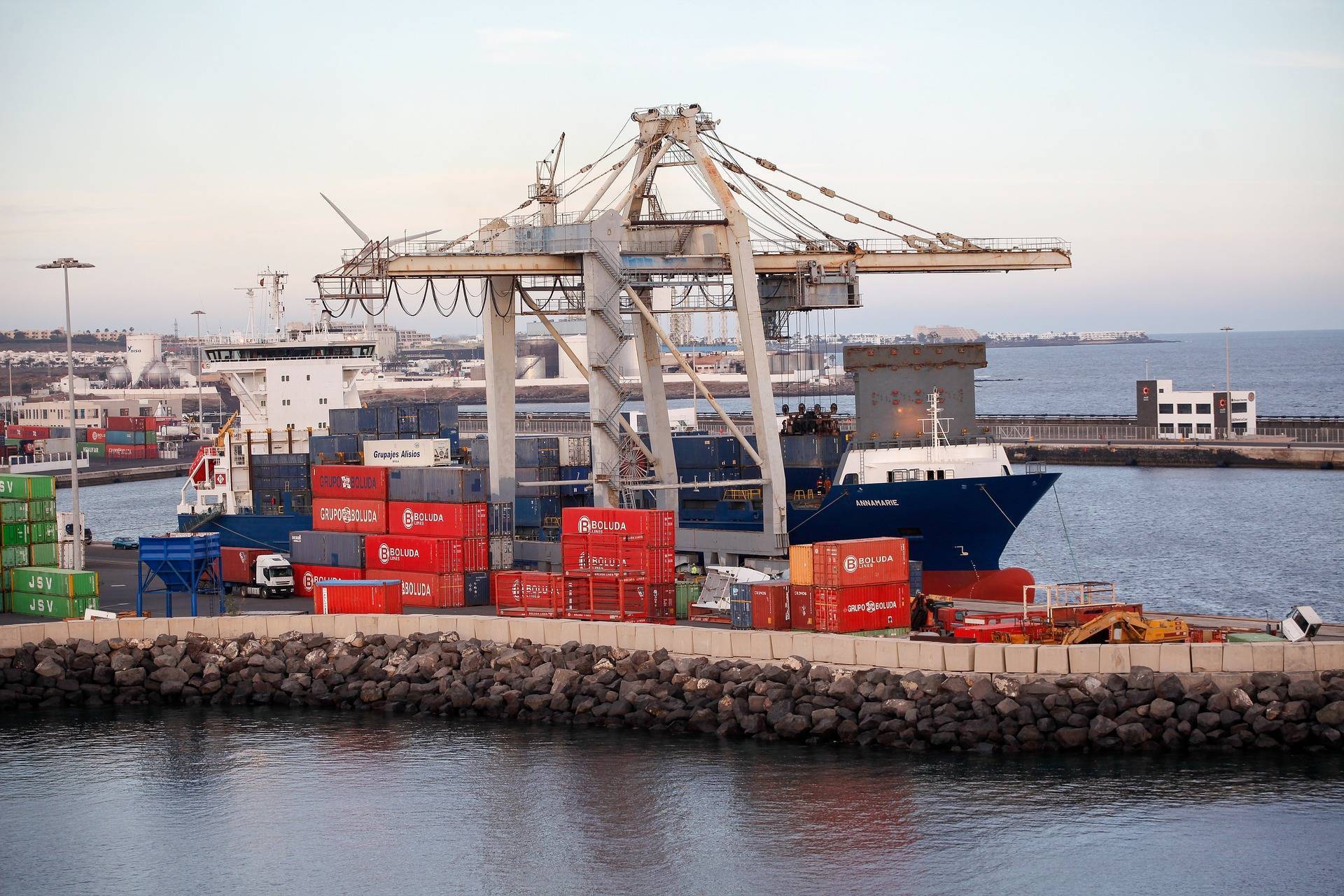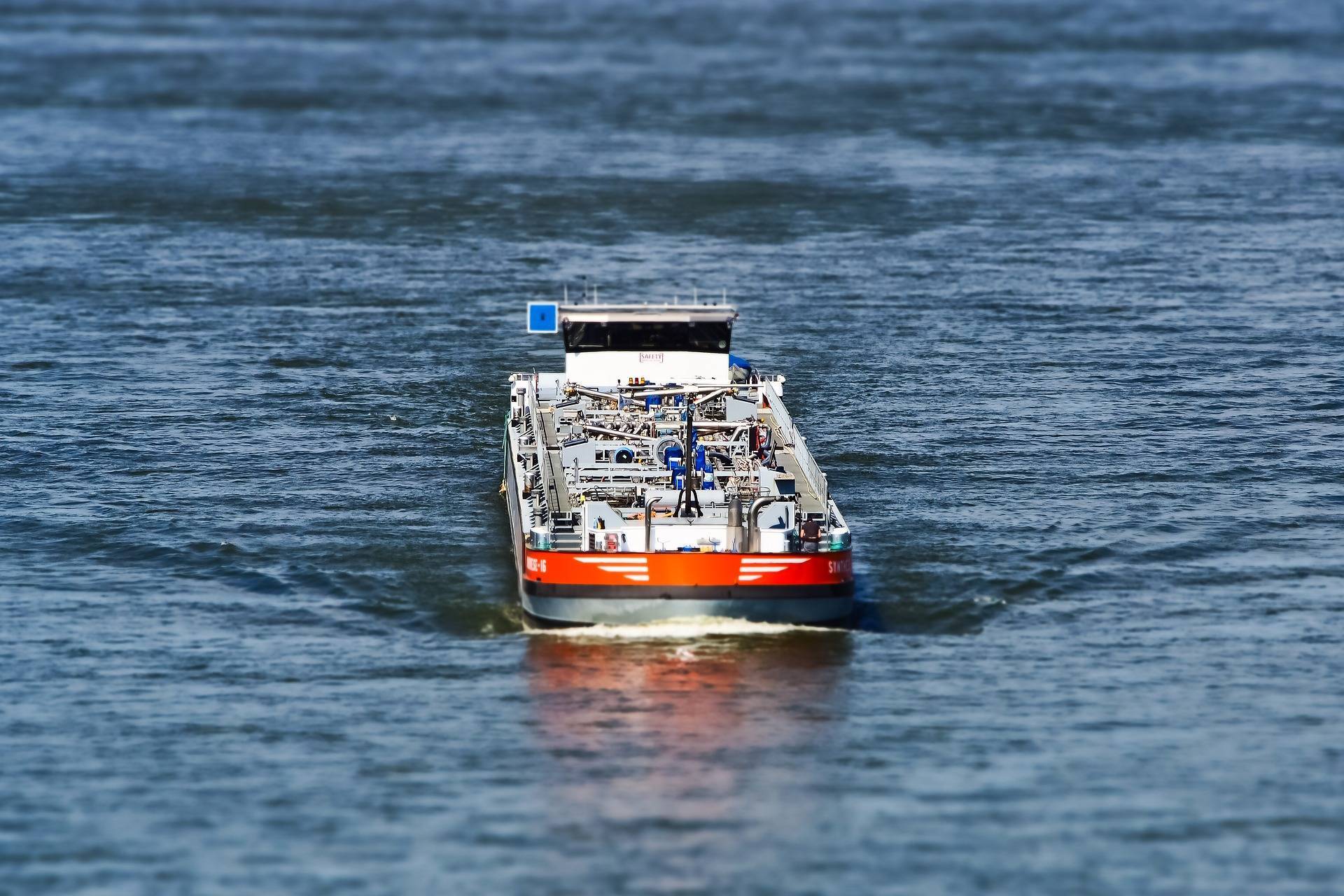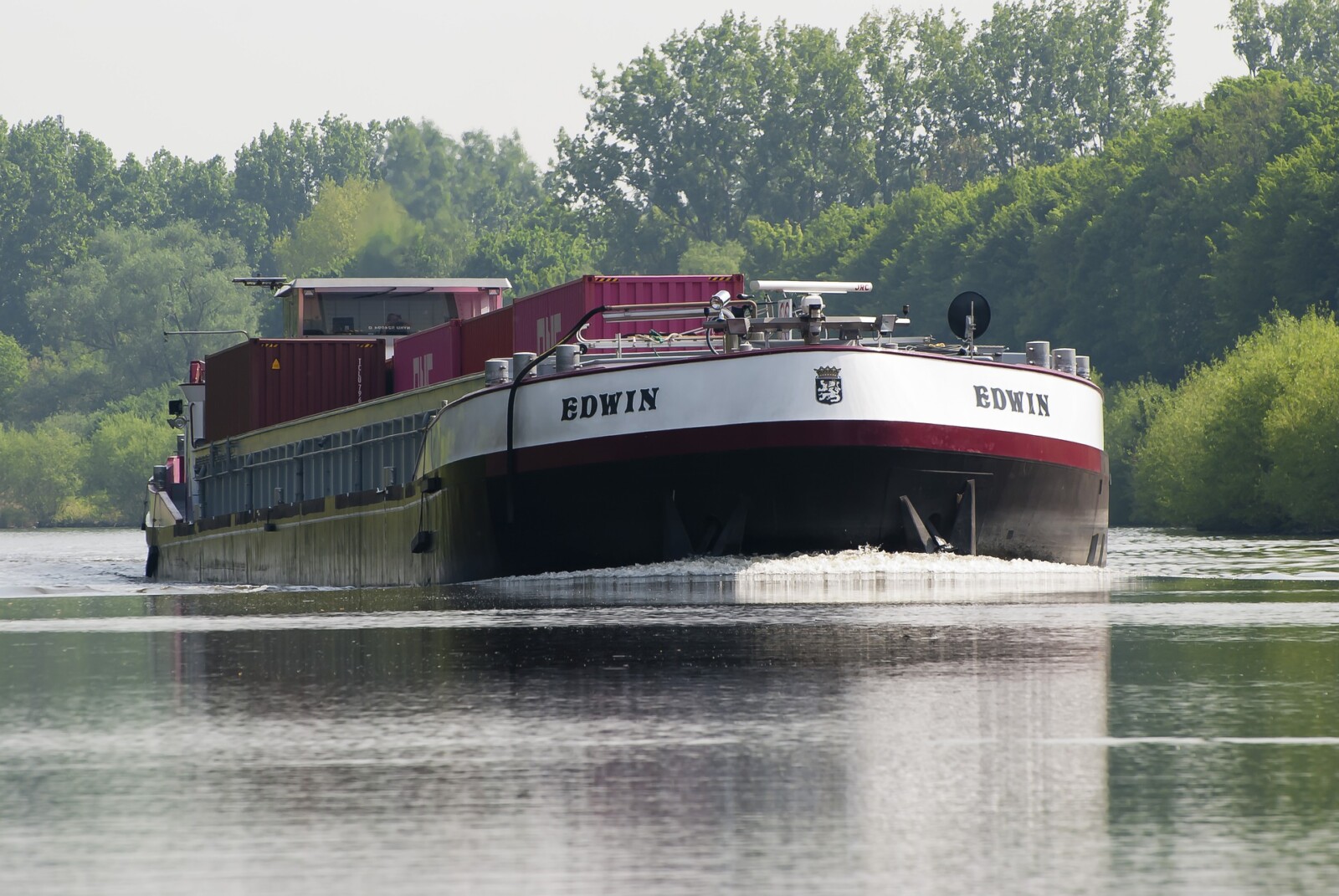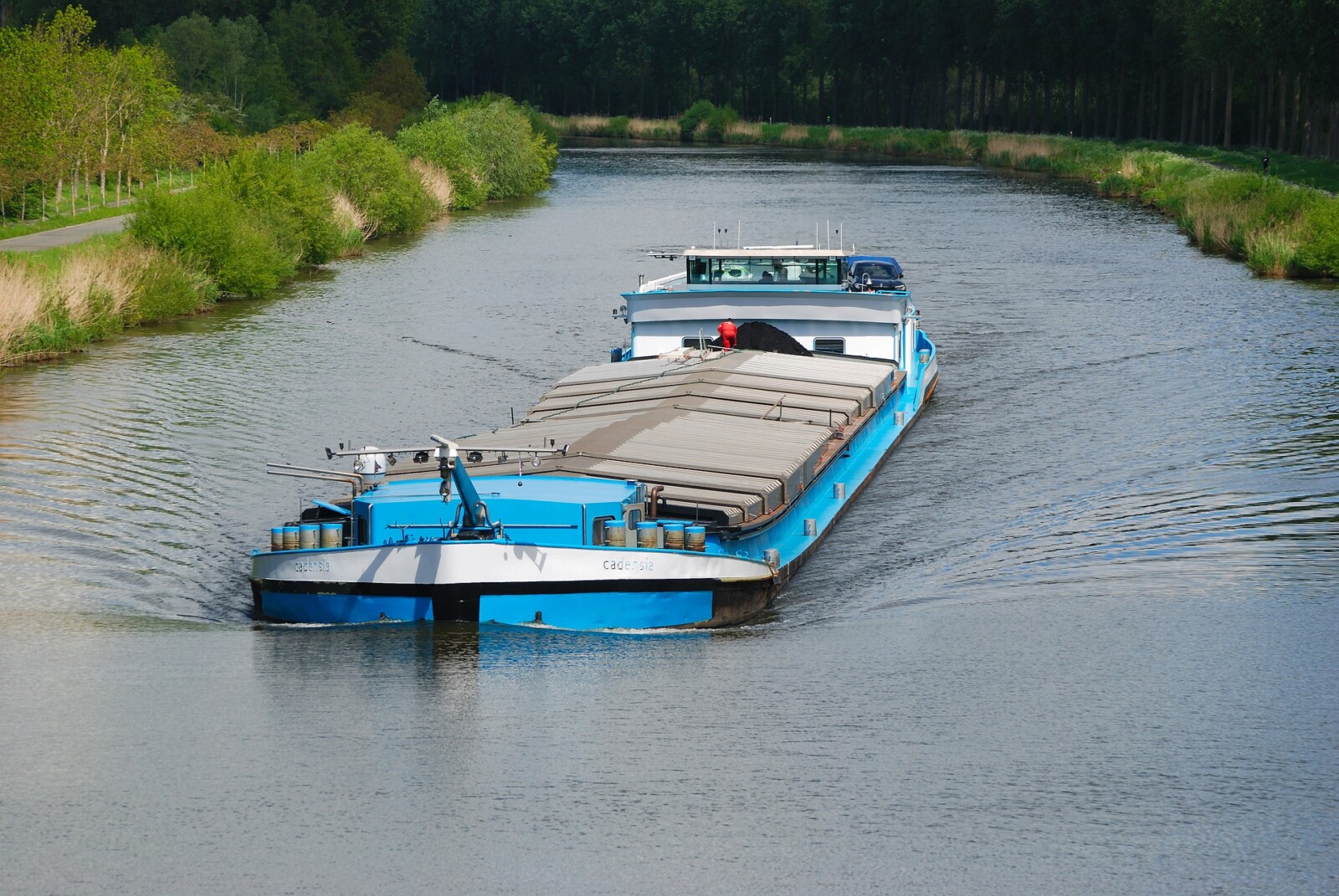Shipping and its impact on water resources
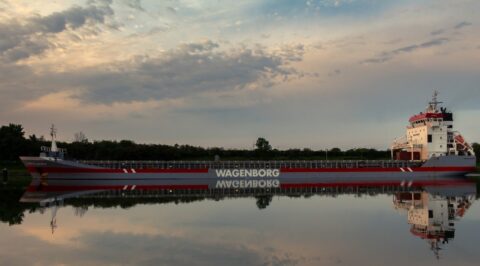 Automatic translation
Automatic translation
Small contribution to the overall level of pollution
Shipping, which accounts for about 90% of all transport in world trade, is statistically the least environmentally hazardous mode of transport when considering its production value. For example, the vast amount of grain needed to make bread around the world could not be transported in any other way than by sea. In addition, compared to land transport, shipping makes a relatively small contribution to the overall level of pollution of marine resources from human activities and work at sea.
IMO's original mandate was mainly related to safety at sea. However, as custodian of the 1954 International Convention for the Prevention of Marine Pollution by Petroleum Products (OILPOL Convention), IMO, shortly after starting operations in 1959, assumed the function of controlling pollution issues. Subsequently, over the years, it has developed and implemented a wide range of measures to prevent and control pollution caused by ships and mitigate the consequences of any damage that may occur as a result of maritime operations, work at sea, accidents.
These measures have proven to be successful in reducing pollution from shipping activities and demonstrate the commitment of the Organization and the shipping industry to the principles of environmental protection. Of the 51 treaty instruments on the regulation of international shipping adopted by the IMO so far, 21 are of direct relevance to the environment.
The Marine Environment Division is primarily managed by the Marine Environment Protection Committee, abbreviated as MEPC, which is the main technical body of IMO on matters related to water pollution. He is assisted in his work by several IMO Subcommittees, in particular the Subcommittee on Pollution Prevention and Response (PPR).
Prevention of Marine Pollution by Oil Products
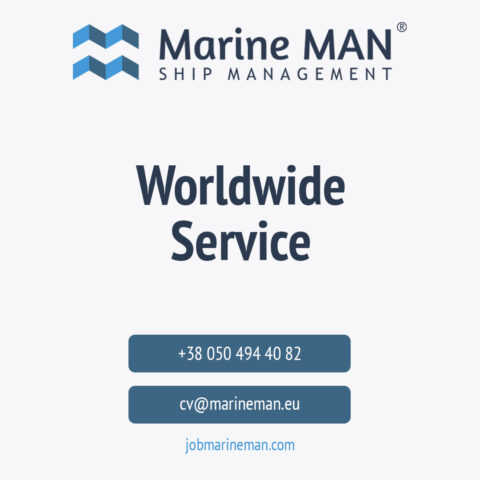
Its original focus was on the prevention of marine pollution from oil products, which led to the adoption of the first ever comprehensive convention on pollution control, the International Convention for the Prevention of Pollution from Ships (MARPOL) in 1973. The situation has changed so much over the past few years that an even wider range of practices and plans have been required to prevent pollution of ocean waters from offshore operations. As a result, the original MARPOL Convention was more than once amended to include requirements for pollution by chemicals, other harmful substances, garbage, wastewater and, in accordance with Annex VI, adopted in 1997 - air and emissions from ships as a result of human activity when working at sea.
Other international instruments within the Division's competence regulate oil pollution preparedness, response and cooperation (OPRC Convention and its OPRC-HNS Protocol 2000), control of harmful anti-fouling systems on ships (AFS Convention), prevention of potentially destructive consequences of the spread of invasive harmful aquatic organisms carried by ships' ballast water (BWM Convention), safe and environmentally sound handling of ships (Hong Kong Convention), just to name a few.
IMO also serves as the secretariat in strict accordance with the Convention for the Prevention of Marine Pollution by Dumping of Wastes and Other Matter, the London Convention and its 1996 Protocol. Its goal is to promote effective control of any source of pollution of ocean water resources and to adopt all practicable ways to prevent pollution of water resources by dumping waste and other chemically harmful materials.
Many developing countries are not yet able to fully and fully implement these instruments for various reasons. To mitigate such problems, IMO has established an Integrated Technical Cooperation Program (ITCP). Its purpose is to help countries build their human and institutional capacities to consistently and effectively comply with the Organization's regulatory framework. One of the most important tasks is to help these countries take measures to ensure sustainable socio-economic development and strengthen the protection of marine resources. Ultimately, this will lead to clearer ocean waters and coastlines, increased tourism, greater access to protein through improved and unpolluted fish catches, and inclusive coastal zone management.
